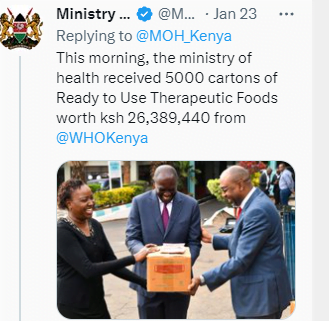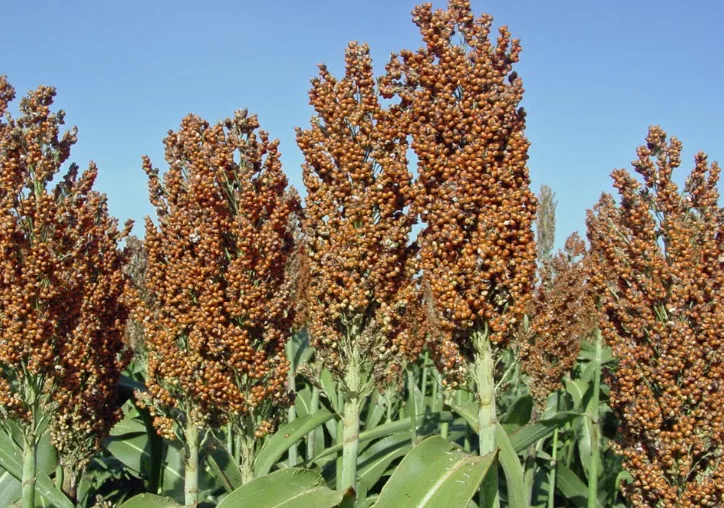Kenya is one of the many African countries that face harsh weather conditions every year. Therefore, it should be no surprise that hunger, famine or drought may arise as a result of the dry spells. The most unfortunate thing is that each year, Kenya like many other developing countries is unprepared to tackle the challenges arising from drought. There is an annual national ‘food’ fundraising held, or a call to help the hungry and starving citizens. Many Kenyans assist by sharing the little that they have with their fellow residents, but that is not enough especially with the very high cost of living in the country. Decades later, you would think that by now there would be a fund that helps address this recurring issue.
The government begs internationally for food repeatedly and the poor inhabitants have come to expect food aid at such times of the year. This creates a sense of overreliance and learned helplessness. Kenya’s Deputy President Mr. Gachagua went on national television and stated that “since I was elected, all I do is beg for food from our donors or the people that colonized us”. This is an individual in a place of power, who can assemble top decision makers and come up with sustainable solutions to handle tough situations like the hunger crisis. The sense of helplessness and belief that food can only come from international donations by well-wishers is such poor thinking that keeps the country in a cycle of hunger and poverty.
Some of these donations shipped to Africa, may not have adequate nutritional value, may not cater to children with allergies and may not be ultimately healthy for consumption upon arrival. While it is noble to receive food donations in times of dire need like during wars and conflict, it should not be the norm or expectation by African governments.
Kenya’s health authorities recently received ‘Ready to Use Therapeutic Foods’ from international donors to feed severely malnourished children.


Solutions
This brought us to thinking, why has Kenya not resorted to sustainable traditional means for feeding their population. One of the greatest ways that most grandmothers used to feed children during famine times was by using porridge. Porridge was made from either sorghum, oats, barley or millets. These traditional super foods would help solve Africa’s dependence on maize as their staple crop. Sorghum is a gluten-free grain rich in fiber, minerals, vitamins, antioxidants and protein. Additionally, It does not require much water to grow, saving on much needed water.
Dr. Vandana Shiva’s beautiful research in developing sustainable methods of agriculture, brought to the forefront forgotten super foods such as millet. It is very encouraging to see the UN’s declaration that 2023 will be the International Year of Millets. Millet is one of the most beneficial products that can help solve hunger and fix the environment at the same time. Millets were a staple crop in many developing countries before the ‘Green Revolution’ took over agricultural practices. Dr. Shiva while speaking to Frontline India explained how millets would be the perfect answer to drought prone regions, because they require very little water to grow and they thrive in poor and marginal soils. They grow in 70 percent less water than rice and thirty percent less water than maize.


Millets
Millets will help solve the malnutrition crisis because they are nutritionally denser than wheat, rice or quinoa. Dr. Shiva further expounded that these crops are efficient in photosynthesis and ‘able to produce biomass without external fossil fuel-based inputs’, such as pesticides or fertilizers and that would solve the climate crisis. Millet grains would feed humans and their stalks can be used as animal fodder, biofuel and in brewing.
It is the high time that Kenya and other African countries went back to planting these great foods, instead of begging for food. Also, donors and multinational organizations should source their ‘food donations’ from local farmers and businesses, and this would help reduce shipping costs, stimulate Africa’s economic growth, create jobs and improve the standards of living for most Africans. This would be the ideal win-win situation for all parties involved.
